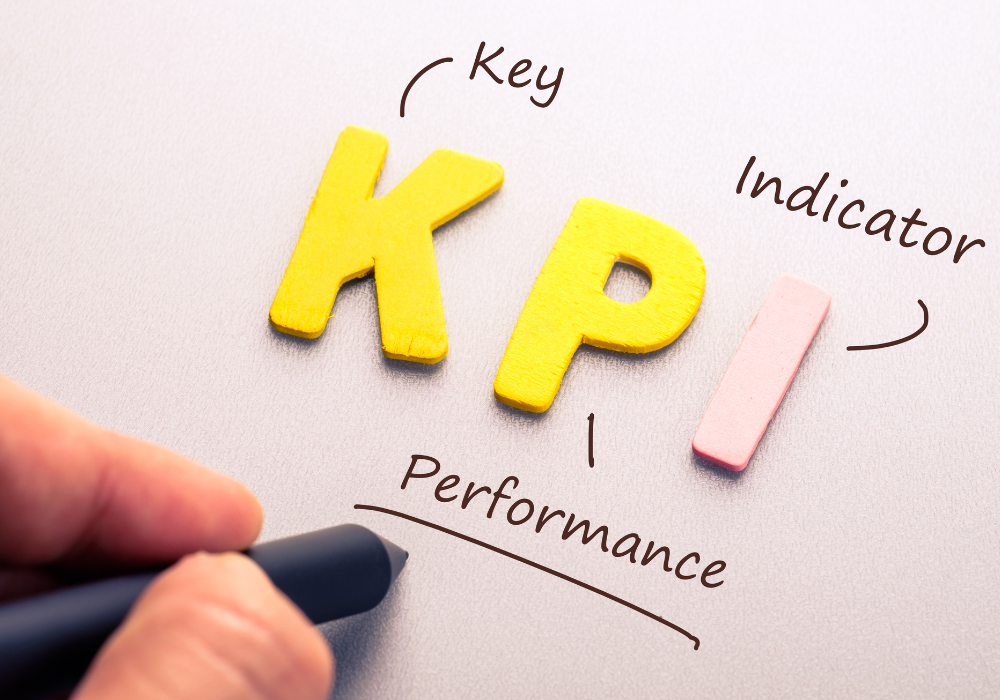|
In the competitive world of consulting, measuring success is crucial for both individual consultants and consulting firms. Key Performance Indicators (KPIs) serve as essential tools for evaluating performance, guiding decision-making, and demonstrating value to clients. This article explores the importance of KPIs for consultants and outlines the most relevant indicators to track.
The Importance of KPIs in ConsultingKPIs are quantifiable metrics that help assess the effectiveness of various business activities. For consultants, KPIs provide insights into performance, client satisfaction, and overall business health. Here are several reasons why KPIs are vital in the consulting industry:
Key Performance Indicators for ConsultantsWhile the specific KPIs may vary depending on the consulting niche, several key indicators are universally applicable across the industry:
1. Client Acquisition Rate
This KPI measures the number of new clients acquired over a specific period. A high client acquisition rate indicates effective marketing and sales strategies, while a low rate may signal the need for improvement in outreach efforts. 2. Client Retention Rate
The client retention rate reflects the percentage of clients that continue to engage with a consultant over time. High retention rates suggest strong client relationships and satisfaction, while low rates may indicate issues that need addressing. 3. Project Completion Rate
This KPI tracks the percentage of projects completed on time and within budget. It helps assess the efficiency of project management practices and the ability to meet client expectations. 4. Revenue Growth Rate
Measuring the growth of revenue over time provides insights into the financial health of a consulting practice. A consistent revenue growth rate indicates successful business development and client engagement strategies. 5. Utilization Rate
The utilization rate measures the percentage of billable hours worked compared to total hours available. This KPI helps consultants understand how effectively they are using their time and resources. 6. Average Project Margin
This KPI calculates the profit margin for individual projects by comparing project revenue to costs. Monitoring project margins helps consultants identify which types of projects are most profitable and where to focus their efforts. 7. Client Satisfaction Score
Collecting feedback from clients through surveys or interviews can yield valuable insights into their satisfaction levels. A high client satisfaction score indicates that consultants are meeting or exceeding client expectations. 8. Net Promoter Score (NPS)
NPS measures the likelihood of clients recommending a consultant to others. A high NPS indicates strong client loyalty and satisfaction, while a low score may highlight areas for improvement. 9. Referral Rate
This KPI tracks the percentage of new clients acquired through referrals from existing clients. A high referral rate suggests that clients are satisfied with the consultant’s work and are willing to recommend their services. 10. Time to Value
Time to value measures the time it takes for clients to realize the benefits of a consultant’s work. Shortening this timeframe can enhance client satisfaction and improve retention rates. ConclusionMeasuring success through Key Performance Indicators is essential for consultants aiming to enhance their performance, improve client satisfaction, and demonstrate value. By tracking relevant KPIs, consultants can make informed decisions, optimize their strategies, and ultimately drive business growth. In a competitive consulting landscape, leveraging KPIs effectively can set consultants apart and contribute to long-term success.
|
Measuring Success: Key Performance Indicators for Consultants

08
سبتمبر











